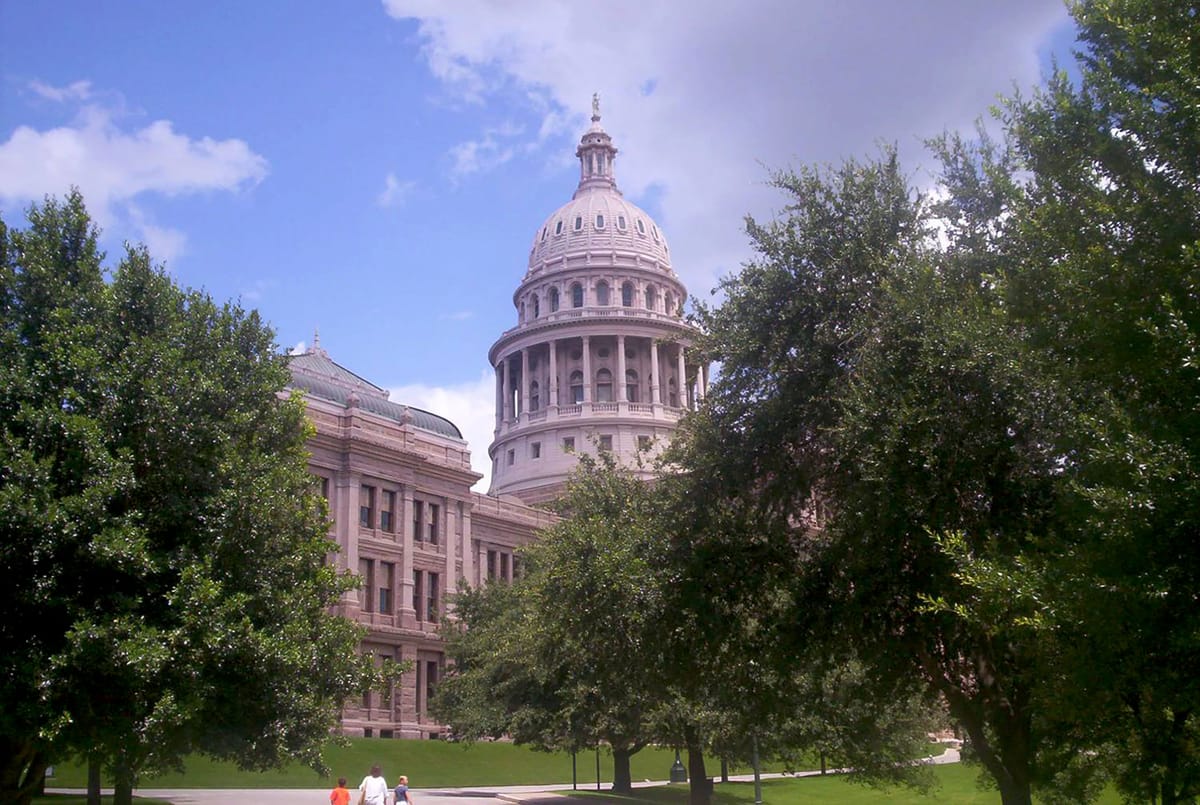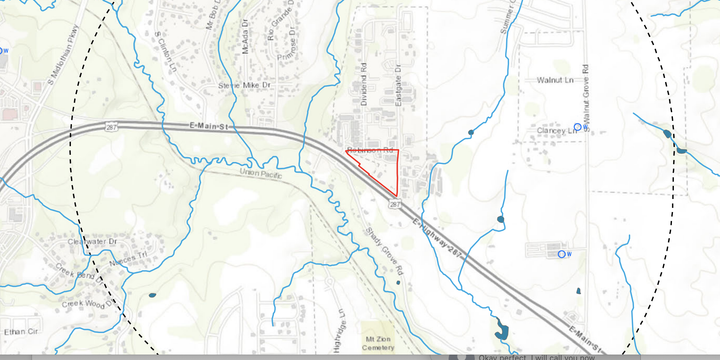Local concern expressed over Texas House Bill 23, which awaits Senate action in Austin

Time is running out in the Texas Legislature for House Bill 23, which would allow developers an alternate route for receiving approval for their plans. The measure has drawn local criticism, however.
After passing the House on April 30, the measure then moved to the Senate, where it was assigned to the Committee on Local Government. The committee received testimony and gave the bill a hearing, but the legislation has remained a matter of pending business since.
Ellis County’s state representative, Brian Harrison, R-Midlothian, voted no when HB 23’s passage came before the House.
“After hearing from multiple Ellis County elected officials regarding concerns with HB 23, as well as many constituents, I, along with conservatives in the Texas House, voted against the bill,” Harrison said in a statement to In The Know Ellis.
Waxahachie City Council member Travis Smith had put out a “call to action” for Ellis County residents to contact Harrison and their state senator to protest the bill’s potential passage.
“This bill will have devastating impacts to our communities as we know them,” Smith had written on his Travis M. Smith, Waxahachie City Council Facebook page. “This bill will have devastating impacts to our communities as we know them. It will provide developers all of the loopholes needed to build massive, high-density neighborhoods WITHOUT LOCAL INPUT.”
In his post, Smith referenced a recent city council workshop in which members heard a presentation about a proposed development that would place 13,800 homes on 3,000 acres between Waxahachie and Maypearl.
Dividing the acreage by the number of homes yields a lot size of about 9,470 square feet (or .2174 acre each). The city of Waxahachie’s minimum lot size is 10,000 square feet.
Under HB 23, developers would be able to obtain their approvals from a third-party provider – and not the city. Those third-party approvals would be binding on a city, however, according to the proposed legislation, which identifies an acceptable third-party provider as someone who is:
• certified to inspect buildings by the International Code Council or
• employed by another political subdivision as a building inspector, if the regulatory authority has approved the person to perform inspections or
• a licensed engineer competent in development inspection (with designation by the Texas Board of Professional Engineers)
The bill’s language allows some authority for a regulatory authority to rescind a third-party approval and places an insurance requirement on any third parties involved.
Support for the bill has come from such groups as the Institute for Justice, whose legislative counsel, Samuel Hooper, wrote in public comments available via Texas Legislature Online: “[HB 23 is] a promising reform that will help address the housing crisis in Texas by streamlining the development approval process while maintaining strong safety standards. …[B]ureaucratic delays in the permitting process have become a significant barrier to new housing construction. In some cities, it can take months or even years to secure the necessary approvals, leading to increased costs for builders, homebuyers, and renters alike.”
Hooper noted similar reforms in other states, including Florida.
“Santa Rosa County went from issuing less than half of its single-family home permits within 30 days to issuing 100 percent of them in that time frame after allowing third-party review,” Hooper wrote in his comments.
In his post, Smith said he didn’t agree with developers not having to go through a city’s planning and zoning processes, writing, “Developers will bypass local and receive approval from the state level – based solely on bought and paid-for third-party plat and plan reviews,” before adding, “What private company is going to not sign off on development plans when the developer is the one signing their check?”
The effect on the county would be detrimental, according to Smith, who wrote, “If HB23 passes the House and Senate – developments like what was [recently presented to the Waxahachie City Council] will break ground all over Ellis County and Texas. Avalon, Italy, Milford, Ennis, Bristol, Palmer, Ferris, Waxahachie, Maypearl – your land will turn to concrete streets with 5+ homes per acre in very short order.”
The Senate committee met Monday, May 26, with its chairman specifically mentioning HB 23 as being “held” but did not offer an explanation. As of Tuesday afternoon, the committee hadn’t set its next meeting. The 89th Legislature ends its session Monday, June 2.
(Additional notes: As of May 27, the Senate Committee on Local Government had been assigned 494 bills this legislative session, with 240 still with the committee. Ellis County is roughly divided, east and west, between two senators: Bob Hall and Brian Birdwell.)
Written by Jo Ann Livingston/In The Know Ellis.


